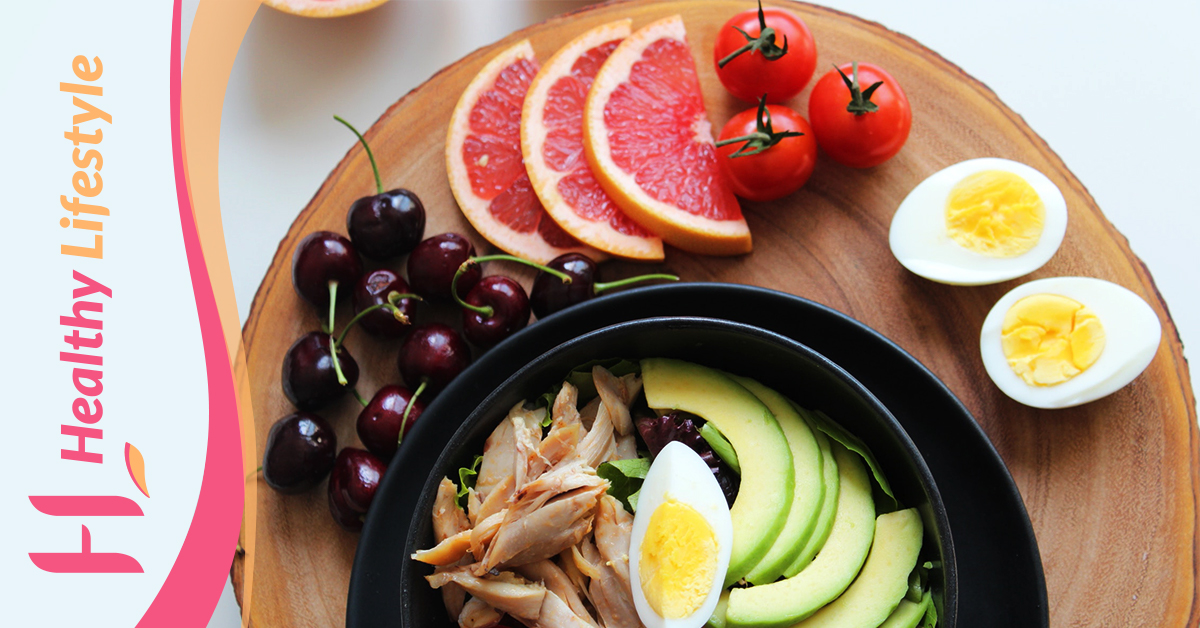
What are nutrients? These are all those substances taken up by the food your body needs to function properly in order to meet its energy needs and produce tissues. The main nutrients are proteins, fats, carbohydrates, vitamins and minerals.
Vitamins are organic substances that are predominantly found in plants. About 30 vitamins are known to have a direct effect on metabolism, blood formation, growth, immune, nervous, endocrine, and general health functions. Vitamins are two types: water-soluble (vitamin C and B-group vitamins) and fat-soluble (A, D, E, K).
6 of the most important vitamins you need:
1. Vitamin A
Improves the health of the eyes, skin, bones, strengthens the immune system, has antioxidant properties. Vitamin A sources are: carrots, spinach, radishes, parsley, greenhouse, sweet potatoes, beef and chicken liver, beef, eggs, dairy products, cherries.
2. Group B vitamins
Extremely important vitamins that improve the activity of the brain, nervous system and muscle, favorably affect the peristalsis of the intestine, skin and hair, increase the tone. Contained in: cereal and bean foods, spinach, almonds, eggs, fresh and yoghurt, Brussels sprouts, rice, fish, meat, avocados, cherries, carrots and others.
3. Vitamin C
Strengthens the immune system and the activity of the brain, participates in the synthesis of collagen and improves the health of the skin. A powerful antioxidant, it helps fight high blood pressure and has anti-cancer properties. The richest sources of vitamin C are: rosehip, thyme, peppers, broccoli, brussel sprouts, tomatoes, cherries, leafy vegetables, oranges, grapefruit, lemon, strawberries, kiwi.
4. Vitamin D
Helps fight infections and inflammations, bones and teeth, improves the activity of the brain, nervous and immune system, lungs and heart. Prevents diabetes and has a beneficial effect on pregnancy. The best natural sources of vitamin D are salmon, mackerel, mushrooms, eggs, orange juice, wholemeal dairy products, tofu, some cereals (check the contents of the label to make sure they contain vitamin D).
5. Vitamin E
Strong antioxidant, strengthens the reproductive abilities of the body, improves blood circulation and lowers high blood pressure, positively affects premenstrual syndrome. It is also needed for the regeneration of tissues, strengthens the nervous system, muscles, immune system, slows down aging, improves brain activity. The richest in vitamin E foods are almonds, hazelnuts, sunflower seeds, dried apricots, spinach, zetin, avocado, pumpkin, kiwi, red peppers.
6. Vitamin K
It lowers cholesterol, has anticancer effect, improves the activity of the heart and brain, strengthens the bones. It is useful for infants, especially those born earlier, who are deficient in vitamin K. Foods rich in vitamin K include: spinach, broccoli, asparagus, cabbage, cauliflower, cucumber, Brussels sprouts, fresh onions, fresh and dried herbs , lettuce, kale (cabbage), chilli powder, curry, sweet pepper (spice), asparagus, prunes.
Hopefully, after this article, consider carefully your next purchases and your shopping list and get the food that will help you achieve great health! 💚

Leave a comment